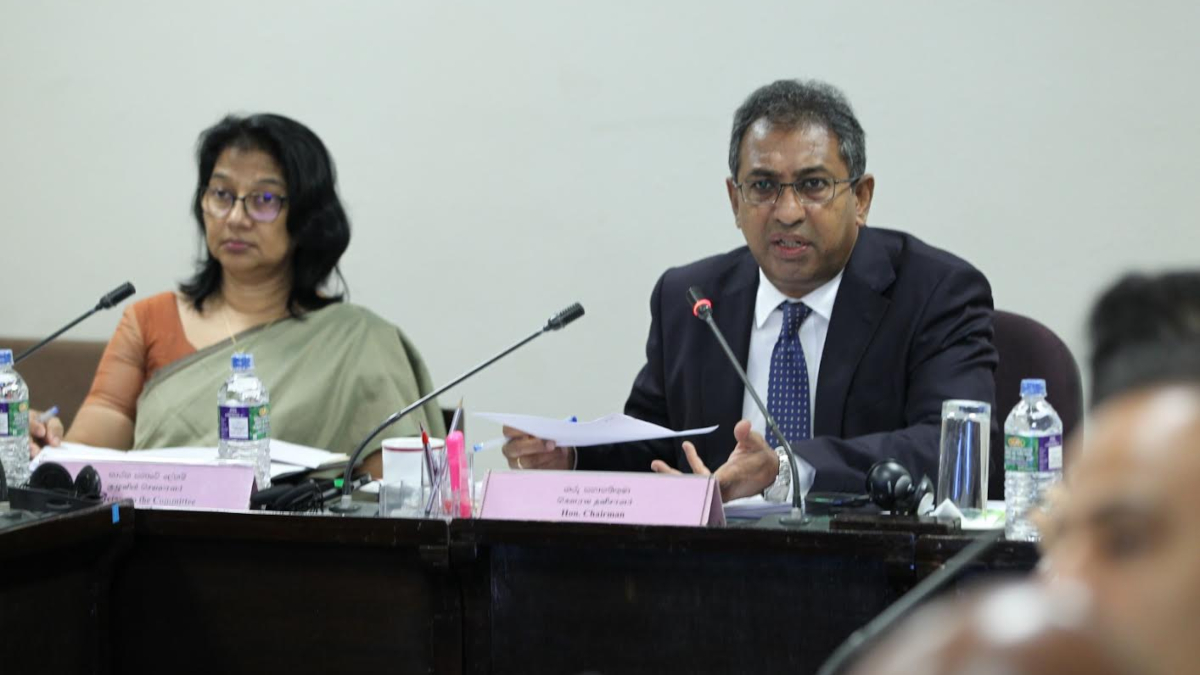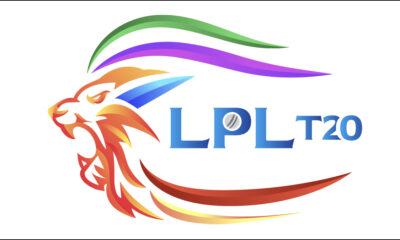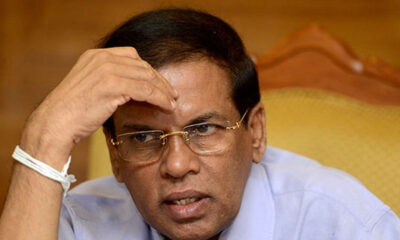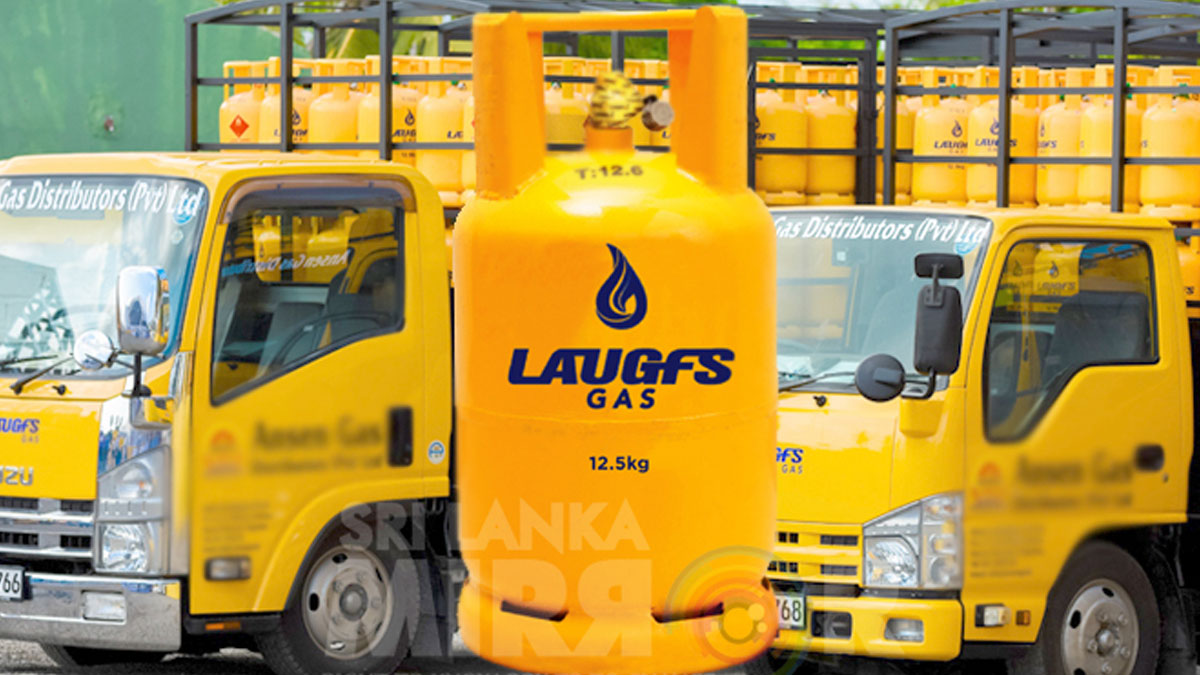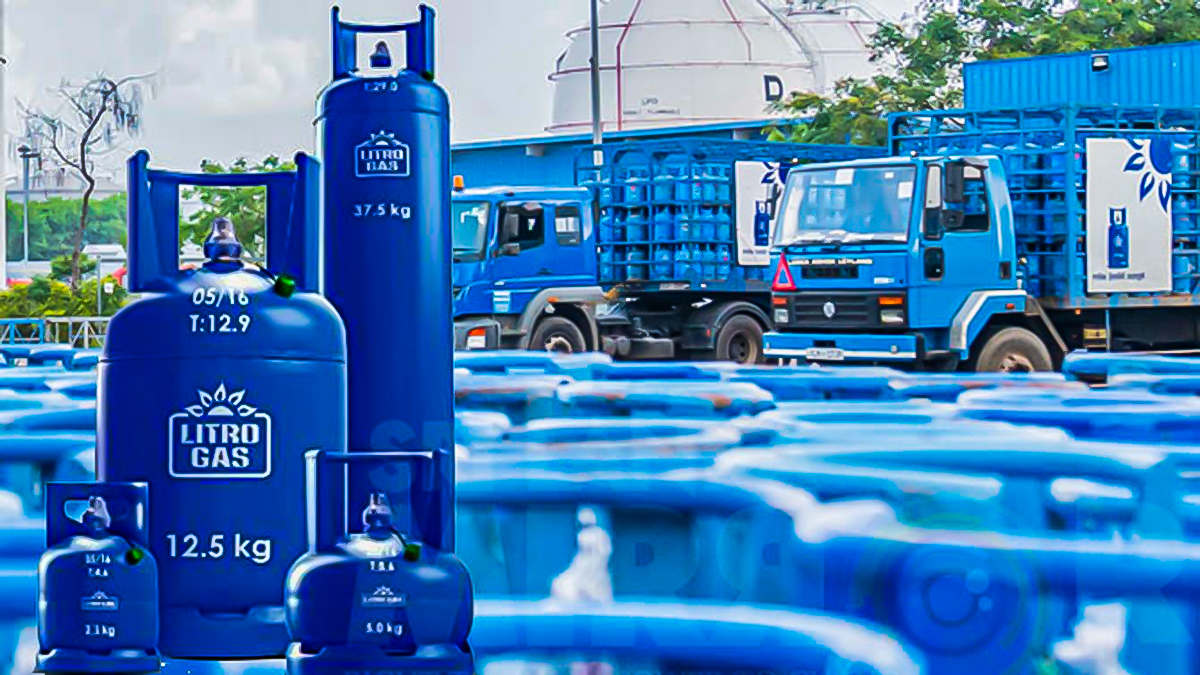The Committee on Public Finance (CoPF) has taken into consideration the Value Added Tax (Amendment) Bill which aims to remove VAT exemptions on certain items and includes provisions to discontinue the Simplified VAT (SVAT) system.
An official representing the Ministry of Finance stated that agricultural machinery and other equipment including chemical fertilizer which was listed as exempted previously will be VAT liable under the said Bill. Adding to the said, officials stated that agricultural seeds, agricultural plants, shrimp feed inclusive of prawn feed and animal feed excluding poultry feed will however be exempted from VAT.
Thus, the Committee questioned the rationale behind including VAT for agricultural items which will impact the domestic agricultural and food industry. The aforesaid was taken up for discussion at the Committee on Public Finance held recently (28) in Parliament, Chaired by Dr. Harsha de Silva when the Committee met to consider the Value Added Tax (Amendment) Bill, The Finance Bill to amend the Finance Act, No. 35 of 2018 and the Finance Act, No. 12 of 2012 and the Imports and Exports Control Act pertaining to the Gazette No. 2353/16.
Re-evaluate
Furthermore, dairy products such as liquid milk and eggs will also be liable for the VAT. However, the Ministry of Finance stated that wheat, wheat flour or powdered milk, pharmaceutical products, drugs will be exempted. The Committee questioning the officials inquired why food products made out of grains cultivated in Sri Lanka, identified as high protein and high energy agro foods falling in the category of “Posha” is subjected to VAT in a context where Child malnourishment is considered to be on the rise.
The Committee questioned the officials as to why ambulances and medical equipment are being subjected to VAT. After thoroughly examining the Value Added Tax (Amendment) Bill, the Committee has granted approval, contingent upon the Ministry of Finance incorporating the amendments proposed by the Committee on Public Finance, provided they are in accord. Nevertheless, the Committee has urged the officials present to reevaluate VAT exemptions for medical equipment, ambulances, fertilizer, and food products derived from grains classified as high-protein agro foods and agricultural items.
No impact for UBER and PickME
The Committee of Public Finance further revealed that the elimination of VAT exemptions will not impact the fares of UBER and PickME. Dr. Harsha de Silva, the Committee Chair, emphasized that as UBER and PickME have included VAT since their inception, contrary to other beliefs, thus the proposed VAT changes will only result in a 3% rise without significantly affecting the ultimate fare that customers are required to pay.
The Committee on Public Finance also took into consideration the Finance Bill to amend the Finance Act, No. 35 of 2018 and the Finance Act, No. 12 of 2012 which propose provisions to release motor vehicles imported into Sri Lanka which were not cleared from customs due to import restrictions or non-payment of taxes. However, given the matters arising from importing and opening LCs post the suspension of motor vehicle imports by Gazette Extraordinary No. 2176/19 dated May 22, 2020, under the Import and Export Control Act, the Committee Chair instructed the Ministry of Finance to submit a report on the provisions to release 119 imported vehicles yet to be cleared from customs. The Committee thus decided to reconsider the said from thereon.
Moreover, following the consideration of the Imports and Exports Control Act pertaining to the Gazette No. 2353/16, the Committee approved the said.
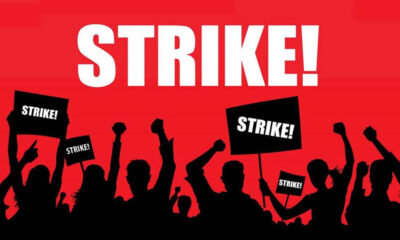
 News3 days ago
News3 days ago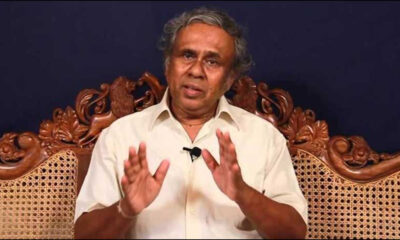
 News2 days ago
News2 days ago
 Entertainment4 days ago
Entertainment4 days ago
 Sports1 day ago
Sports1 day ago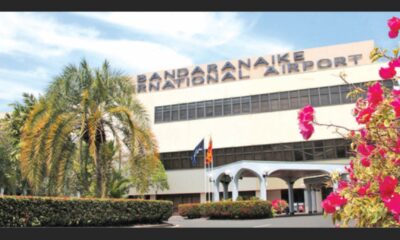
 News2 days ago
News2 days ago
 News5 days ago
News5 days ago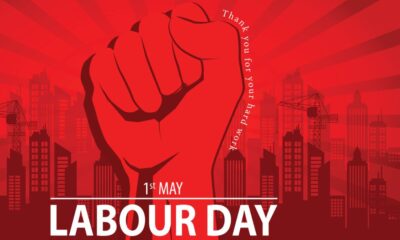
 News4 days ago
News4 days ago
 News1 day ago
News1 day ago

